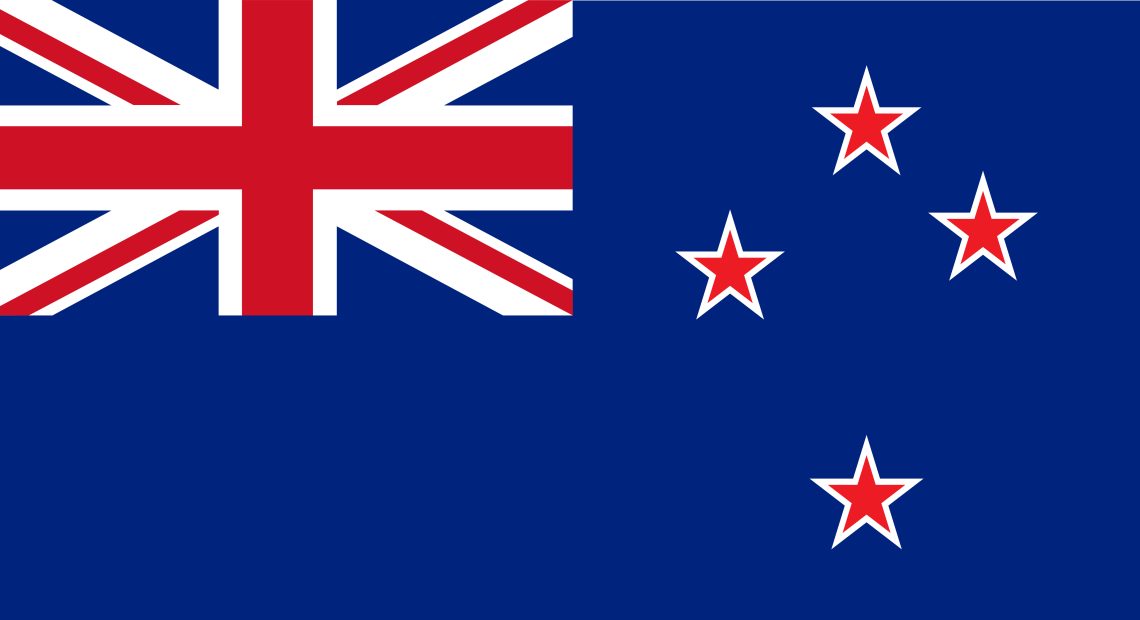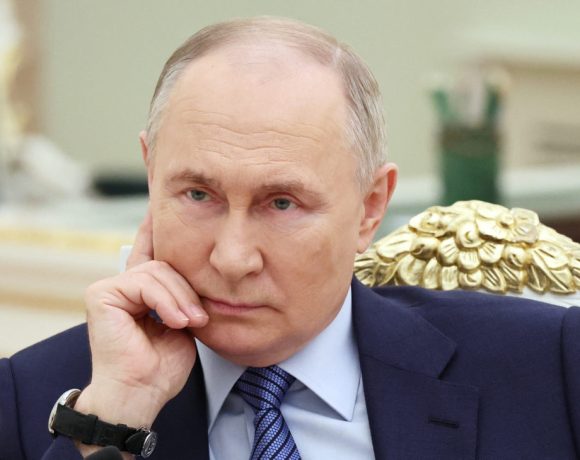
NZ Suspends Māori MPs for Haka Protest in Parliament
In an unprecedented disciplinary move, the New Zealand Parliament has suspended three members of Te Pāti Māori for performing a haka during a parliamentary session. Co-leaders Debbie Ngarewa-Packer and Rawiri Waititi have been handed 21-day suspensions, while the youngest MP, 22-year-old Hana-Rāwhiti Maipi-Clarke, has been suspended for seven days.
These are the longest suspensions ever issued in the history of New Zealand’s legislative body, following a protest that captured national and international attention.
Haka as Protest Against Treaty Principles Bill
The protest, staged in November 2024, was aimed at the controversial Treaty Principles Bill, which sought to reinterpret the foundational Treaty of Waitangi signed between Māori chiefs and the British Crown in 1840. The bill was widely criticized by Māori leaders, legal experts, and civil society groups as a direct threat to Indigenous rights.
The lawmakers performed a haka in the parliamentary chamber to symbolically oppose the legislation. Their act of defiance came at a time when more than 300,000 citizens had submitted objections to the bill, and nationwide protests swept across the country. The bill was eventually defeated in April 2025.
Committee Cites Disruption and Intimidation
The Parliamentary Privileges Committee, which reviewed the protest, stated that while it respected the cultural relevance of the haka, the way it was performed—moving across the chamber floor—violated parliamentary rules. It was deemed a serious breach of decorum, with the potential to intimidate other members, leading to the recommendation of suspensions.
While the committee maintained that this was not a sanction against Māori culture itself, the decision has triggered a national debate.
Cultural Clash or Suppression?
The suspensions have been seen by many as a reflection of deeper tensions between New Zealand’s formal institutions and its commitment to biculturalism. Supporters of the lawmakers argue that the response silences Indigenous voices and reflects a colonial legacy embedded in parliamentary processes.
Others, however, believe that cultural expression should not override procedural norms, and that the Parliament must remain a space governed by clear rules of conduct.
Regardless of the differing perspectives, the incident has reignited broader discussions on how Indigenous culture can find respectful and powerful representation in modern democratic institutions without being criminalized or diluted.


















